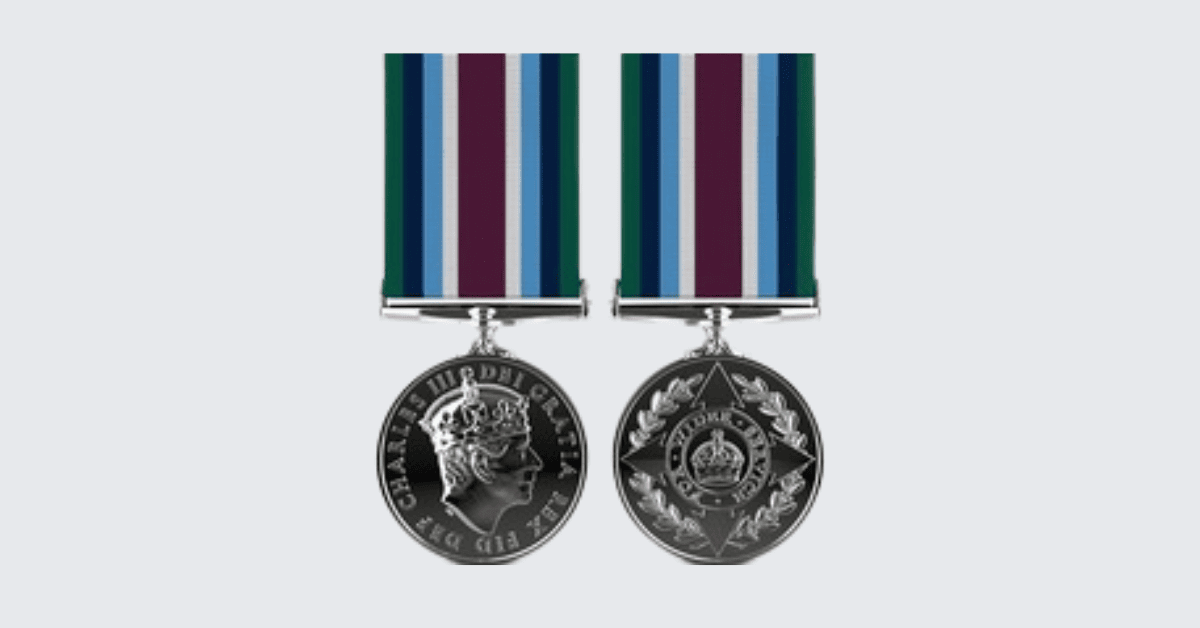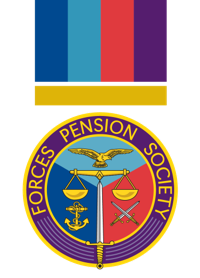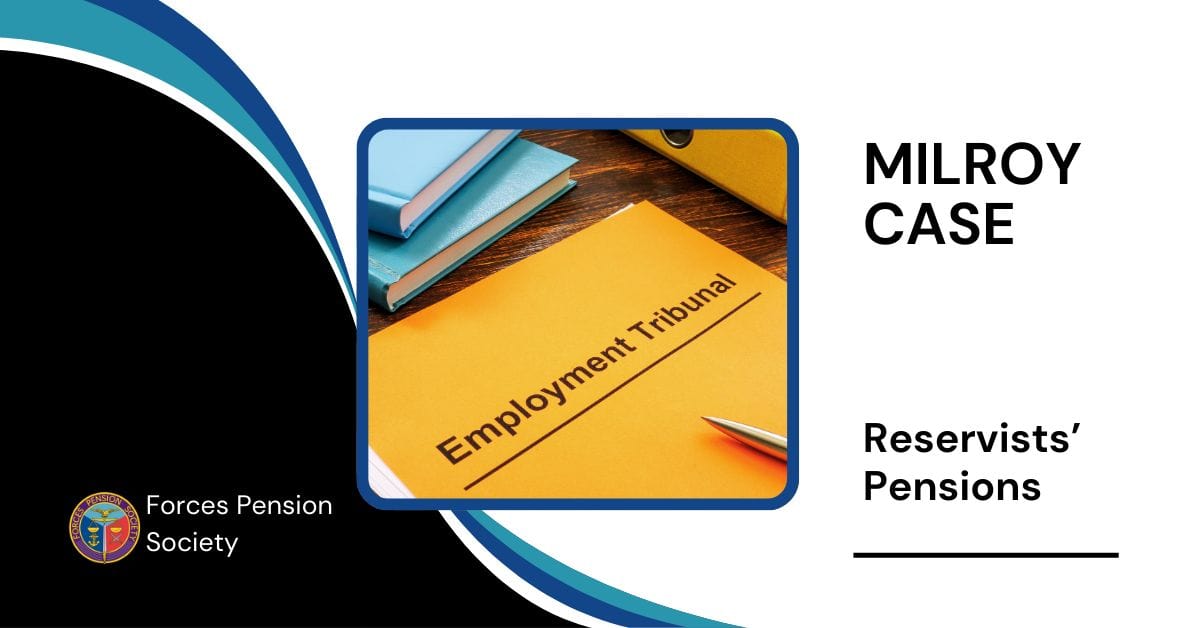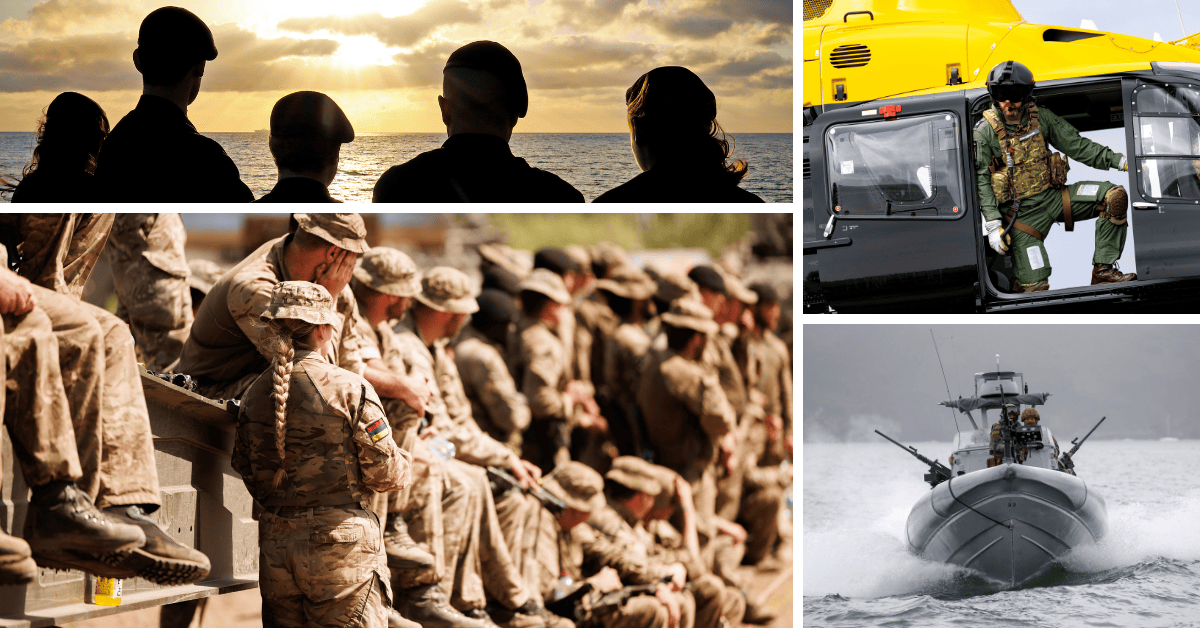
A new operational medal recognising the service of personnel delivering crucial operational impact, but where the physical risk to life is lower than traditionally required for the award of an operational medal, has been announced by the Defence Secretary today.
The Wider Service Medal (WSM) medal, which has been approved by HM The King, recognises Armed Forces personnel and civilians working outside the traditional criteria of existing operational medals.
The move has been made to recognise the ever-changing nature of warfare and ensure that those fulfilling crucial roles can receive medallic recognition.
Personnel eligible for the medal are likely to include those deployed on a wide range of missions such as international coalitions and deterrence.
These operations include Royal Navy personnel serving on the UK’s continuous at sea Nuclear Deterrent, as well as maritime activity in the Middle East; Army personnel deployed as part of the UK’s reassurance to the people of Estonia; and RAF pilots and supporting ground crew deployed to Estonia and Romania as part of the UK’s commitment to the NATO air policing patrol.
Defence Secretary Grant Shapps said:
“Our modern Armed Forces are among the best in the world and do incredible work across the globe.
The Wider Service Medal recognises the wide range of roles our personnel play in ensuring success on operations. It also recognises the ever-changing nature of warfare, underlining the importance of operations which deter adversaries in a pre-war world.”
The WSM is being introduced to recognise the changing nature of operational activity, whereby Armed Forces personnel are increasingly deployed or used to deliver operational impact but not necessarily in roles that expose them to physical risk.
This activity does not fall within the traditional, operational medallic criteria that continues to rely on ‘risk and rigour’. For the first time, the WSM will ensure that Armed Forces personnel who are delivering this type of operational effect will be eligible for medallic recognition.
Criteria for the medal includes:
- Defined operational activity where there is evidence of operational impact that contributes to the UK objectives but does not meet the traditional medal threshold in terms of physical risk to the individual.
- The individual must have accrued 180 days’ aggregated service on eligible operations. Subsequent service of 180 days will result in the award of a bar to the medal, up to a maximum of three bars.
The medal will be retrospective to December 2018 for ongoing operations
All content is available under the Open Government Licence v3.0, except where otherwise stated © Crown copyright




